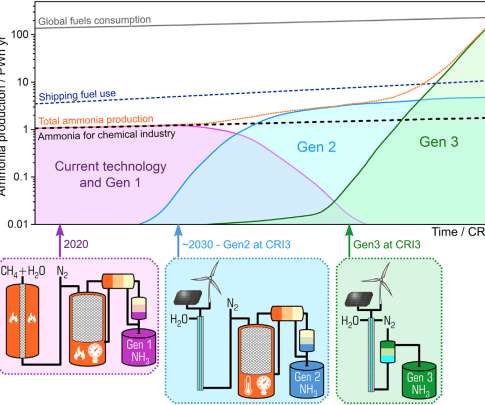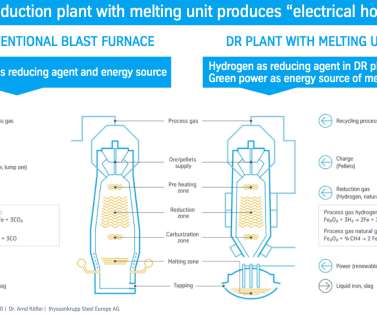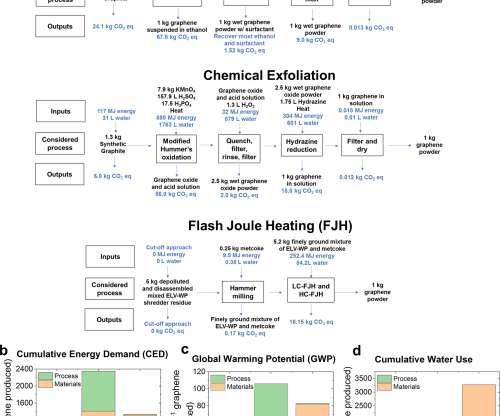DOE awards $19M to 13 initiatives in fossil-fuel areas to produce rare earth elements and critical minerals
Green Car Congress
MAY 3, 2021
The US Department of Energy (DOE) awarded $19 million for 13 projects in traditionally fossil-fuel-producing communities across the country to support production of rare earth elements and critical minerals essential to the manufacturing of batteries, magnets, and other components important to the clean energy economy.







































Let's personalize your content